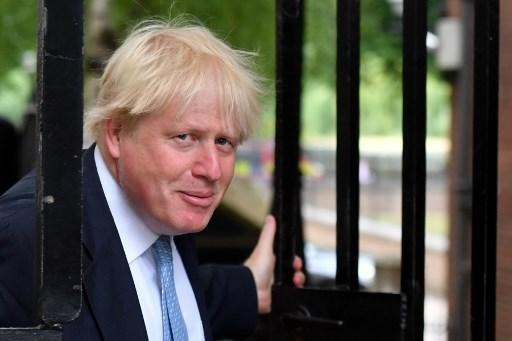British Prime Minister Boris Johnson said he was "confident" that MPs would pass the Brexit deal agreed to with the EU, despite a key Northern Irish party declaring it was opposed to it.
"I am very confident that when my colleagues in Parliament study this agreement, that they will want to vote for it on Saturday," he said in a press conference in Brussels.
The agreed deal remained largely the same as the one reached by Johnson's predecessor, with some changes made around the contentious backstop provision, a sticking point which saw the deal thrice rejected in the UK.
The revised deal will be submitted to parliament on Saturday 19 October, when it would need to get approved if Brexit is to happen on 31 October.
Related News
- Protestors gather on Schuman roundabout to protest draft Brexit agreement on Thursday
- Brexit: New agreement must still be passed by both UK and EU parliaments
- Brexit: DUP says it cannot support Johnson's compromise
The Democratic Unionist Party (DUP), whose support Johnson's deal needs, has previously said it is "unable" to support it, meaning the prime minister would need to secure the support of independent MPs, some of whom removed from the Conservative party for opposing him in during a Brexit rebellion in September.
Brexiteer Labour MPs will also be key in Johnson's bid to make Brexit happen on the current deadline, with the EU Parliament's Guy Verhofstadt, head of the Brexit group, saying MEPs will vote on the deal only after it gets approved in the UK parliament.
Hours before the council summit wrapped up, EU leaders announced they endorsed the deal, with Commission President Jean Claude Juncker calling it a "fair and balanced agreement for the EU and the UK."
The deal would keep Northern Ireland inside the UK's customs union but subject to some EU checks and rules, including a having a VAT system different from the UK.
The agreement would give Northern Ireland a choice to decide on the future of its border regime four years after the transition period is over.
Gabriela Galindo
The Brussels Times

